A seemingly ordinary basketball game turned into a spectacle due to an incident involving Chinese basketball player Zhou Qi. The headline that caught the attention of those following the match was: "Zhou Qi loses his temper, berates the referee, and is directly ejected from the court!" Beijing Auto lost their away game to Qingdao with a score of 89-99, which in itself was not an embarrassing defeat. However, what truly escalated the situation and became the focus after the game was Zhou Qi's emotional breakdown during the third quarter.
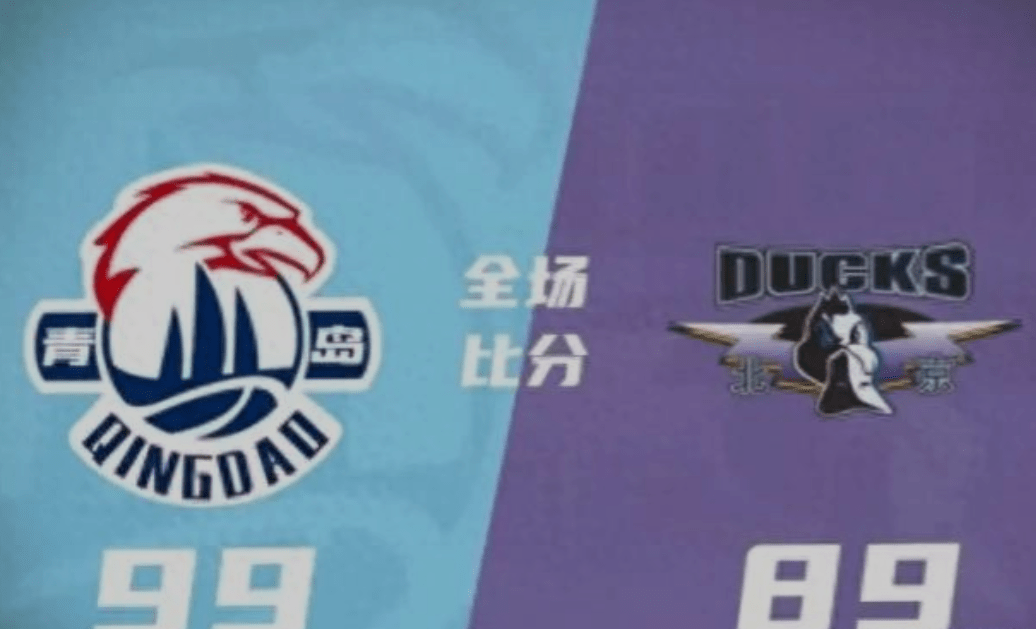
During the game, Zhou Qi, the team's most relied-upon center, got into a dispute with the referee, resulting not only in a technical foul but also his ejection from the game due to continuous protest. Zhou Qi, who had just recovered from a cold, lost control of his emotions in the face of adversity, ultimately turning a potential comeback for his team into a complete failure. Looking back, was this merely a "mistake" within a single game, or does it reflect deeper issues involving Zhou Qi and the Beijing Auto team?

On paper, Zhou Qi's presence had raised expectations for Beijing Auto's performance in this game. Although his return from illness left him somewhat under par, he still demonstrated his dominance in the paint with his height, physique, and technical prowess. Yang Hanshen, a 27-year-old rookie from Qingdao, faced Zhou Qi, who was seen as a promising new force. Zhou Qi clearly had the upper hand in several exchanges, as evidenced by his successful baskets and offensive dominance.

Unfortunately, despite Zhou Qi's impressive individual performance, basketball is a team game, and Beijing Auto was clearly struggling. In the first two quarters, Beijing Auto was completely outplayed by Qingdao on both offense and defense, with the team's morale remaining low. Things worsened in the third quarter when, during a confrontation, Zhou Qi fell to the ground and believed that Yang Hanshen had engaged in unsportsmanlike conduct by pulling him, yet no whistle was blown. This series of calls caused him to lose patience, and he began arguing incessantly with the referees.
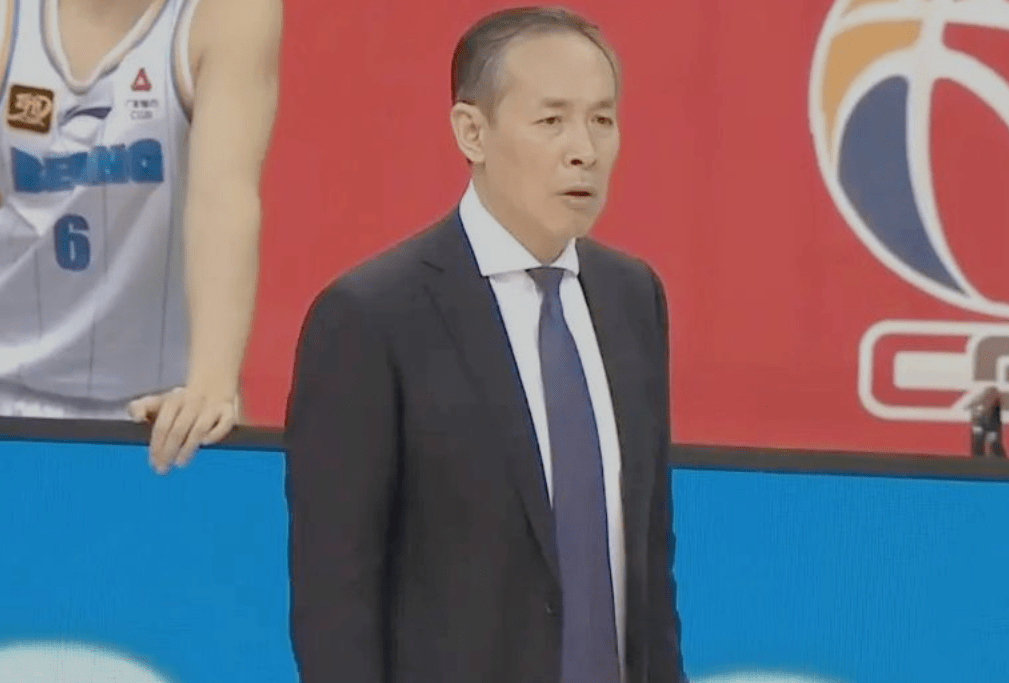
The outcome was clear; the first technical foul was called, but Zhou Qi did not calm down. He continued to question the referees and even became increasingly agitated, almost reaching a point of "explosion" on the sidelines. Ultimately, the referee blew the whistle again—this time for a second technical foul, leading to Zhou Qi's ejection.

Some argue that this was a decisive intervention by the referees, while others believe that Zhou Qi could have chosen to remain calm but failed to do so. Both sides seem to have valid points. However, what is undeniable is that this explosive emotional outburst fundamentally altered the situation for Beijing Auto.
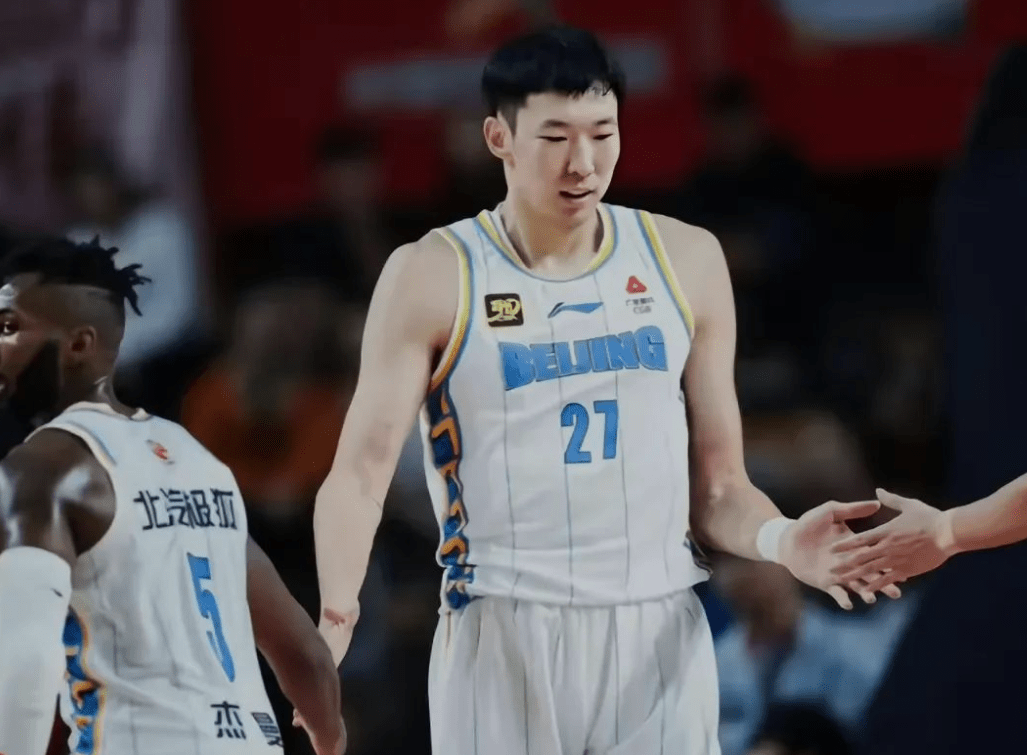
Zhou Qi's performance in this game evoked both sympathy and helplessness. Sympathy for his efforts despite being unwell, but also helplessness at his inability to overcome a recurring issue in his career: emotional management.
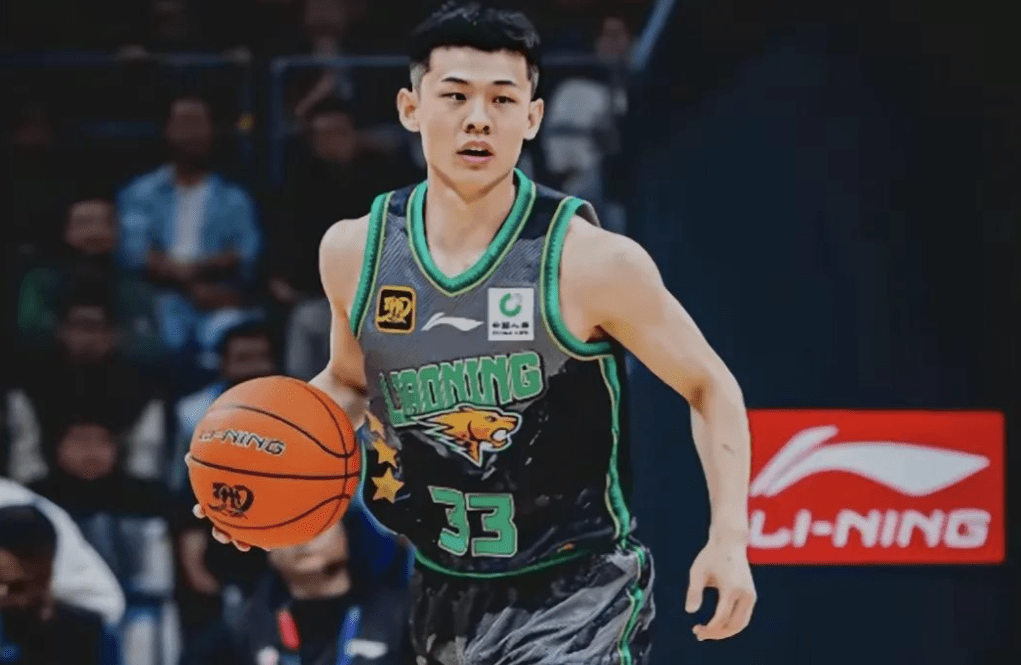
In previous games, Zhou Qi had already lost his composure multiple times over referee decisions, earning technical fouls and even being ejected on several occasions. It's not an exaggeration to say that confronting referees has become almost habitual for Zhou Qi. On the court, referees' calls are often controversial, but calmness and rationality should be considered "basic qualities" for players, especially core players. Zhou Qi's problem lies in the fact that he always brings his temper onto the court, where emotional fluctuations not only drain him but also affect his teammates like a ticking time bomb.
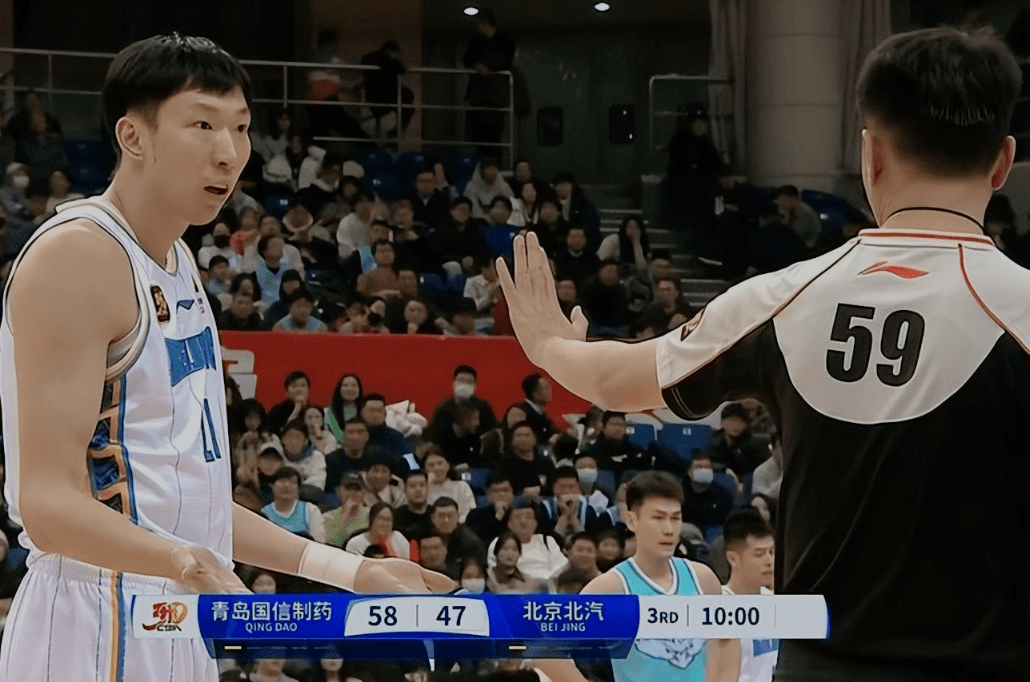
There's an interesting saying: referees can be "ignored." As a professional athlete, one should turn potentially controversial calls into motivation rather than a reason for personal loss of control. This seems far from Zhou Qi's current approach. When loss of control becomes a habit, he not only bears responsibility but also deals a significant blow to his team's confidence.

After the game, basketball commentator Yu Jia expressed his disappointment without reservation. He said, "Zhou Qi is an irreplaceable core for Beijing Auto. Regardless of whether he is sick or in poor form, he must demonstrate his sense of duty and belief on the court. The team needs him, the fans need him, and even if his performance is not ideal, he should not lose his basic competitive attitude."

This criticism hits at the heart of the matter—Zhou Qi, as a representative of the former "CBA Big Three" of the Chinese national team, is never an ordinary player. He should lead the team through tough times, stay calm, and show the value of a leader instead of openly expressing his dissatisfaction with the referees to everyone. The referees' decisions cannot be changed, and emotional outbursts only benefit the opponents, nor will Beijing Auto suddenly win because of your anger.
What does being a "core" mean? It's another level unrelated to ability. When you stand at the center of everyone's attention, the weight of your role requires a more mature mindset to uphold.
It's worth looking back at how Zhou Qi was once hailed as the pride of the Chinese national team, especially during his time playing in the Australian NBL league. With his height and agility, he frequently shone in matches, even being considered an "Asian-level" player.
However, in recent years, Zhou Qi's path seems to have narrowed amidst various controversies. From the national team to the CBA, disputes have arisen. Whether it's a "mistake" at a critical moment in the World Cup or personal emotional management during games, these have become stumbling blocks hindering his career progression. Especially now, back in the CBA, he is no longer the "youth" with high hopes but a veteran expected to shoulder the team's hopes.
For the current Zhou Qi, his abilities are still formidable, but his declining mentality seems to be distancing him from bigger stages. This conflict with the referees, which appears to be a momentary lapse of reason, reflects Zhou Qi's expectations of himself and a retreating mentality when facing unfavorable situations.
Looking at Beijing Auto, the team's performance this season has been inconsistent. Issues such as coordination among players, coaching strategies, and team cohesion have been exposed through repeated defeats. More thought-provoking is the lack of response when the team's core loses emotional control—no one steps up to console or encourage, and there is indifference even to the referee's decision to eject Zhou Qi. This isolation is not just felt by Zhou Qi personally but also indicates defects in the team's structure.
When there is no rapport between the leader and teammates, the atmosphere naturally turns negative. A game is not just a confrontation but a chemical reaction among a group of people, and Beijing Auto has yet to find their "catalyst."
Successful players are not just about physical ability but also about becoming a "pillar" in the spiritual realm. Zhou Qi is still an excellent player individually, but emotional management is a shortcoming that urgently needs to be addressed. He must eventually realize that winning a game relies not only on physical skill but also on mental fortitude, and emotional outbursts can negate all efforts. Fans still hope to see Zhou Qi deliver remarkable performances, but he needs to prove with actions rather than arguments that he is still the player worthy of the core position.
The future is malleable, and the key lies in the "heart."